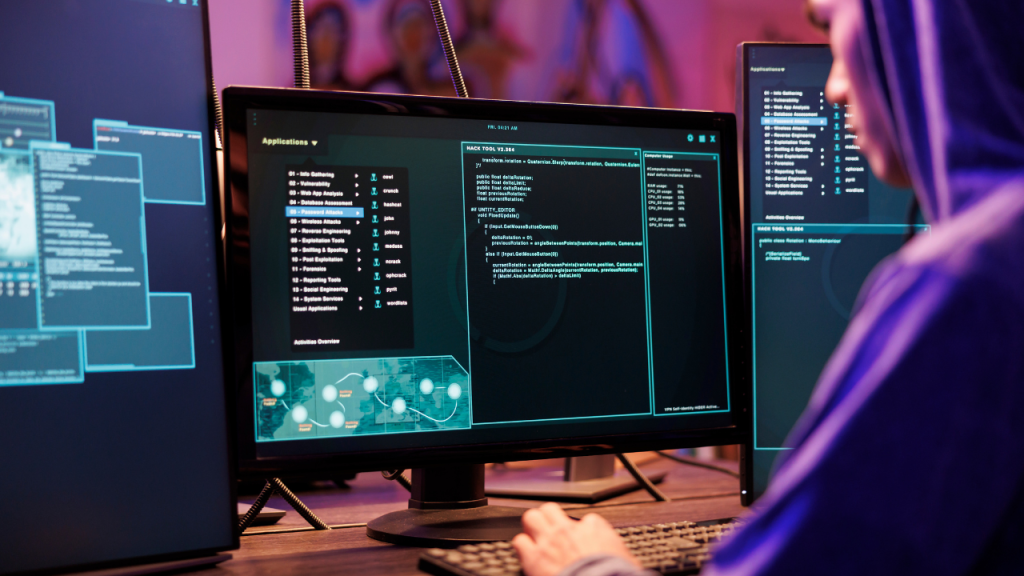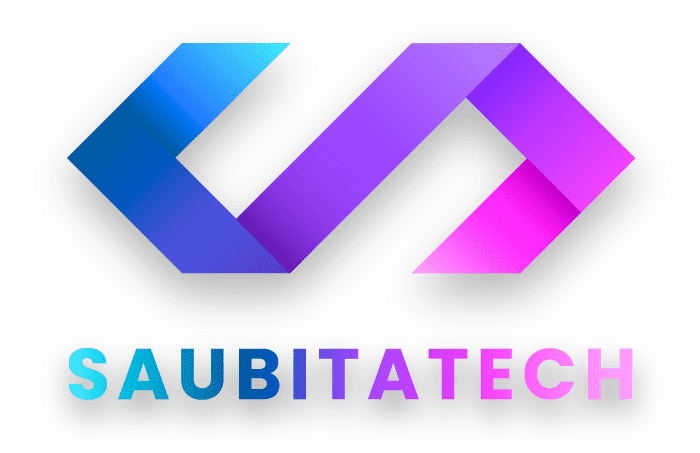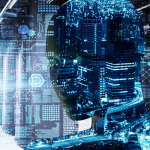In the ever-evolving world of technology, software development continues to play a pivotal role in driving innovation, efficiency, and growth. As we approach 2025, new trends are emerging that promise to reshape the industry. Businesses that adapt to these trends will not only stay competitive but also position themselves as leaders in their respective markets. In this blog, we’ll explore the top software development trends for 2025 and beyond, providing insights to help your business stay ahead.
For tailored software solutions, explore Saubia Tech’s custom web development services and empower your business with cutting-edge technology.
1. Artificial Intelligence and Machine Learning Integration
AI and ML are no longer optional in software development. By 2025, these technologies will be deeply integrated into software applications, enabling advanced data analysis, personalized user experiences, and real-time decision-making. From predictive analytics to intelligent automation, AI is shaping the way software is designed and used.
Key Trends in AI/ML for Software Development:
- AI-driven code generation tools to streamline development.
- Advanced natural language processing (NLP) for smarter chatbots and voice assistants.
- Machine learning models embedded directly into mobile and web applications.
2. Low-Code and No-Code Platforms
Low-code and no-code platforms are revolutionizing the development landscape by making it accessible to non-technical users. These platforms reduce development time significantly and allow businesses to create functional applications without extensive coding knowledge.
Why Low-Code/No-Code is the Future:
- Faster development cycles mean quicker time-to-market.
- Encourages collaboration between developers and non-developers.
- Ideal for creating prototypes or small-scale applications.
If you’re considering developing custom applications without the complexity, check out Saubia Tech’s expertise in custom web development.
3. DevOps and Agile Development
The demand for faster and more efficient development workflows has propelled the adoption of DevOps and Agile methodologies. By 2025, these practices will become industry standards. DevOps fosters collaboration between development and operations teams, while Agile emphasizes iterative progress and flexibility.
Future Focus in DevOps and Agile:
- Increased use of AI in DevOps for predictive analytics and automated deployments.
- Hybrid Agile models blending traditional and new practices.
- Enhanced tools for continuous integration and continuous delivery (CI/CD).
How Custom Software Solutions Can Transform Your Business Operations

4. Cloud-Native Development
Cloud computing remains a cornerstone of modern software development, and by 2025, cloud-native applications will dominate the market. These applications leverage microservices, containerization, and serverless architectures to offer scalability, reliability, and cost-efficiency.
Trends in Cloud-Native Development:
- Widespread adoption of Kubernetes and Docker for container orchestration.
- Growth of multi-cloud strategies to avoid vendor lock-in.
- Enhanced security measures for cloud-based applications.
For inquiries about how cloud-native solutions can benefit your business, visit our Contact Us page.
5. Blockchain Beyond Cryptocurrency
Blockchain technology is no longer confined to cryptocurrencies like Bitcoin. By 2025, blockchain will be widely used for supply chain management, digital identity verification, and secure data sharing. Its potential for transparency and decentralization makes it a game-changer in software development.
Emerging Use Cases of Blockchain in Software Development:
- Decentralized finance (DeFi) applications.
- Secure voting systems for enterprises and governments.
- Blockchain-based healthcare record management.
6. Internet of Things (IoT) and Edge Computing
The IoT market continues to expand, with smart devices becoming an integral part of our lives. Paired with edge computing, IoT enables real-time data processing closer to the source, reducing latency and improving efficiency.
What’s Next for IoT and Edge Computing:
- Smart homes and cities powered by interconnected devices.
- Edge AI for real-time data processing in critical applications.
- Enhanced IoT security to protect against cyber threats.
7. Cybersecurity as a Priority
With the increase in software reliance comes the inevitable rise of cyber threats. By 2025, cybersecurity will no longer be an afterthought but a primary focus during development. DevSecOps practices will integrate security measures directly into the development lifecycle.
Cybersecurity Trends for 2025:
- AI-based threat detection systems.
- Zero Trust Architecture for enhanced data protection.
- Advanced encryption technologies to secure sensitive information.
8. Extended Reality (XR): AR, VR, and MR
Extended Reality (XR), encompassing Augmented Reality (AR), Virtual Reality (VR), and Mixed Reality (MR), is set to revolutionize industries from gaming to education. Developers are increasingly leveraging XR to create immersive experiences.
Applications of XR in Software Development:
- VR training programs for businesses.
- AR-powered mobile applications for retail and e-commerce.
- Mixed reality for collaborative remote work environments.
Cost-Effective Hiring: Why RPO Is the Smart Choice for SMEs
9. Sustainability in Software Development
As the world focuses on environmental sustainability, software development will also play its part. Energy-efficient algorithms, green hosting, and sustainable coding practices will be integral by 2025.
Steps Toward Sustainable Software Development:
- Utilizing renewable energy-powered data centers.
- Writing optimized code to reduce computational overhead.
- Promoting remote work to minimize environmental impact.
10. Quantum Computing: The Next Frontier
While still in its infancy, quantum computing is set to disrupt software development in the coming years. By 2025, developers will begin to harness quantum computing for complex problem-solving tasks that traditional computers cannot handle.
Potential of Quantum Computing in Software:
- Solving optimization problems in logistics and finance.
- Accelerating drug discovery through complex simulations.
- Enhancing cryptography for secure communication.
Conclusion
The future of software development is brimming with opportunities and challenges. By embracing these trends, businesses can innovate and thrive in an increasingly digital world. At Saubia Tech, we specialize in developing cutting-edge solutions tailored to your unique needs. Whether you’re looking to leverage AI, blockchain, or cloud-native technologies, our team is here to help.
Explore our blogs for more insights, or visit our career page to join our talented team shaping the future of software development.
Stay ahead with Saubia Tech and take your business to the next level!







